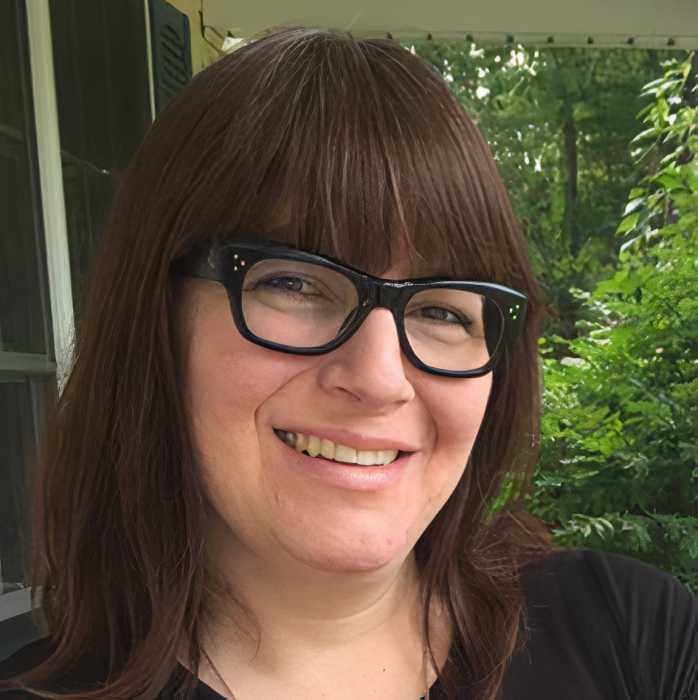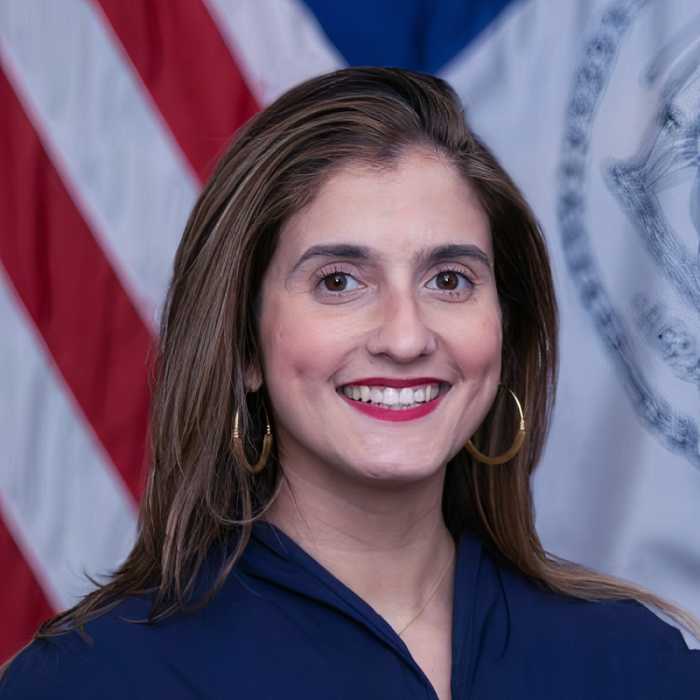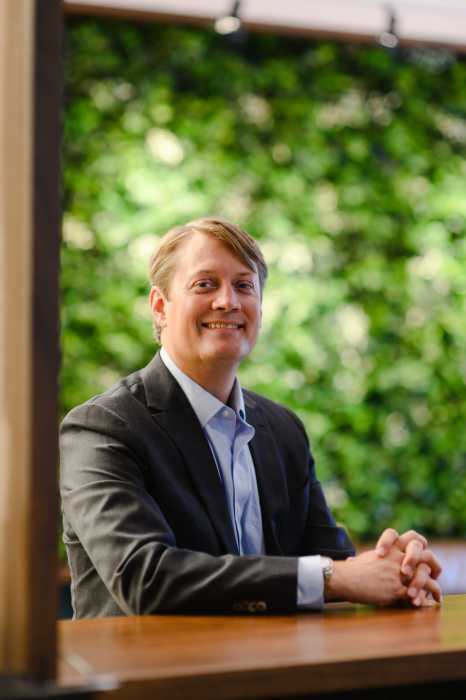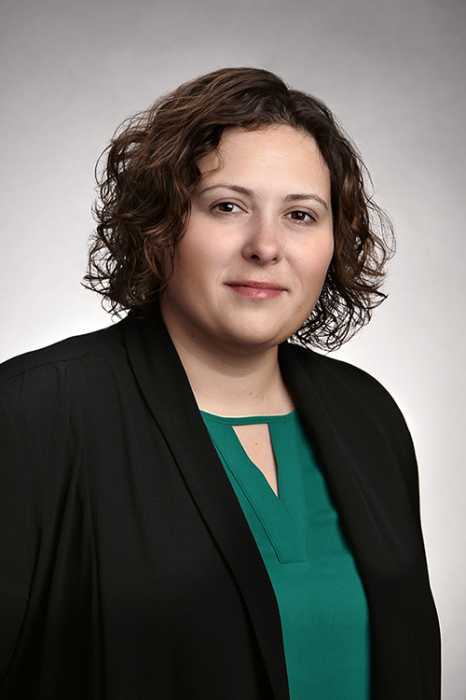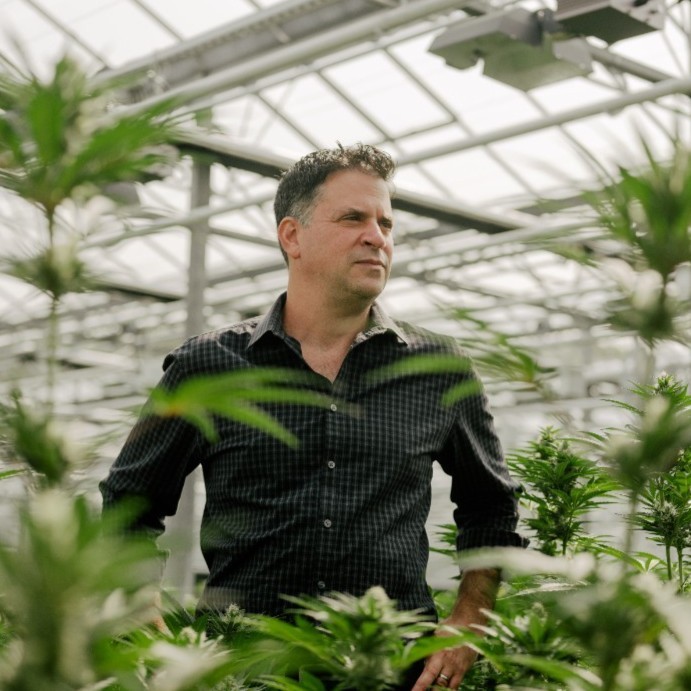Sarah Stretchberry is a veteran cannabis and operations expert with more than 15 years of operations experience at Whole Foods, the nation’s leading natural and organic foods retailer. Sarah is currently a partner and the chief operating officer at ApptitudePlus, a full-service cannabis consulting and advisory firm with an unmatched track record of winning licenses, and standing up businesses, in highly competitive, limited-license cannabis application processes across the country.
Do you think there is a stigma around working in the cannabis industry and if so how do you work to overcome it?
As a mom this is something that has been a concern for me over the years. After having been in the industry for close to 8 years now, the reactions from others hearing about what I do for a living (and as a passion) have slowly shifted from eyebrow raising, to intrigue. The narrative is becoming much more about “How can I get involved” and less about “Are you afraid you’re going to get arrested”?
How can the cannabis industry work with health care and academic professionals to educate consumers about the benefits and risks of cannabis use?
Health care and academics need more education themselves to be able to properly provide advice to patients and students. I am hopeful with the recent passing of the Medical Marijuana and Cannabinoid Research Expansion Act, there will be more research done here in the U.S. that will arm professionals with the knowledge they need to be able to pass on truthful and science based advice to their patients and students.
Where do you see the cannabis industry in New York 10 years from now?
It depends on the regulators ability to quickly roll out a robust adult use program here in NY, and their ability to take effective enforcement against the illegal market. With a legal market in place that truly competes with the current widespread illegal market, and enforcement action taken against the illegal storefronts and distributors, the NY cannabis market will be a powerhouse in the industry and force for change within the country as a whole.



